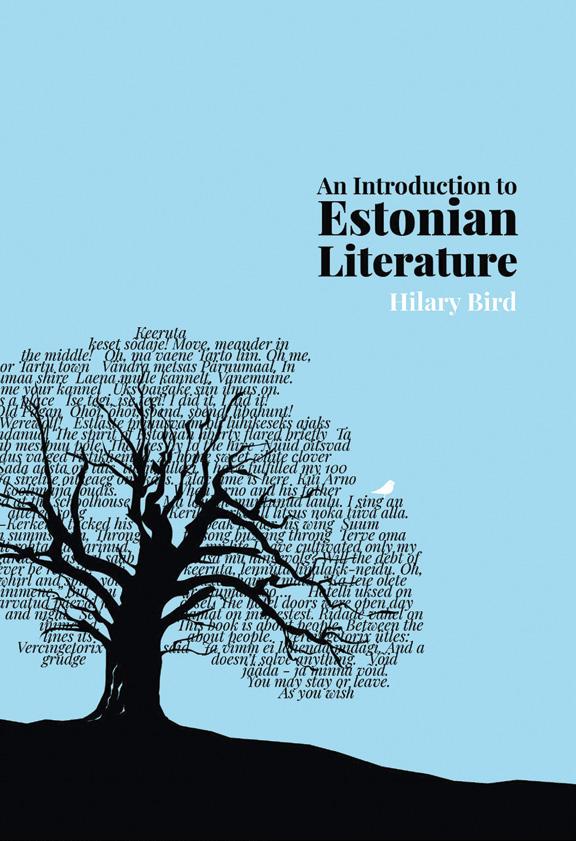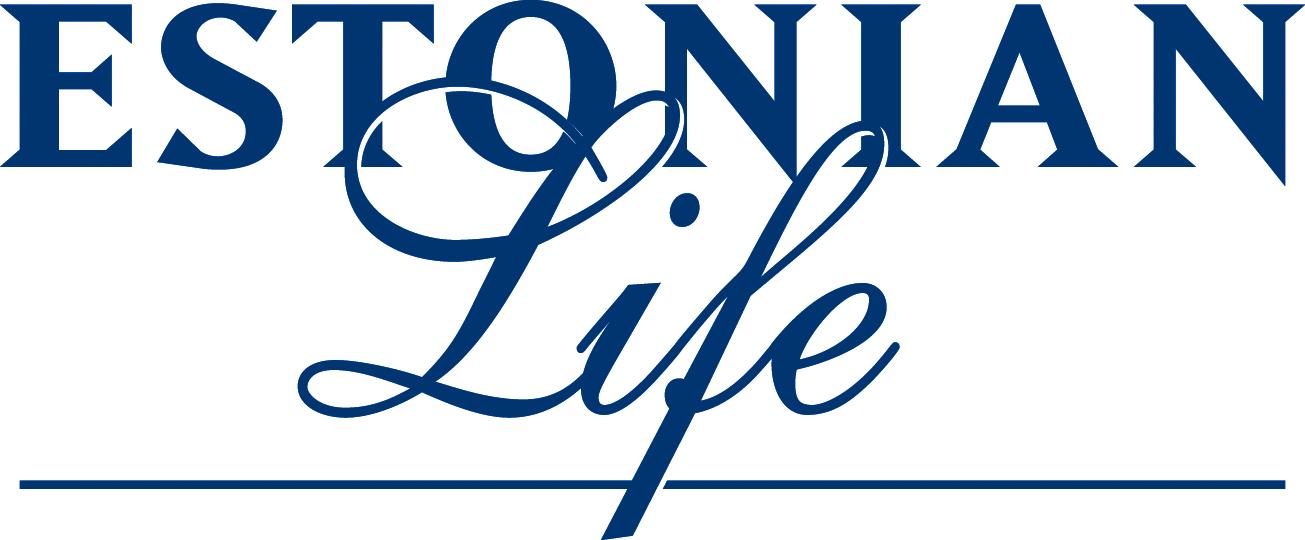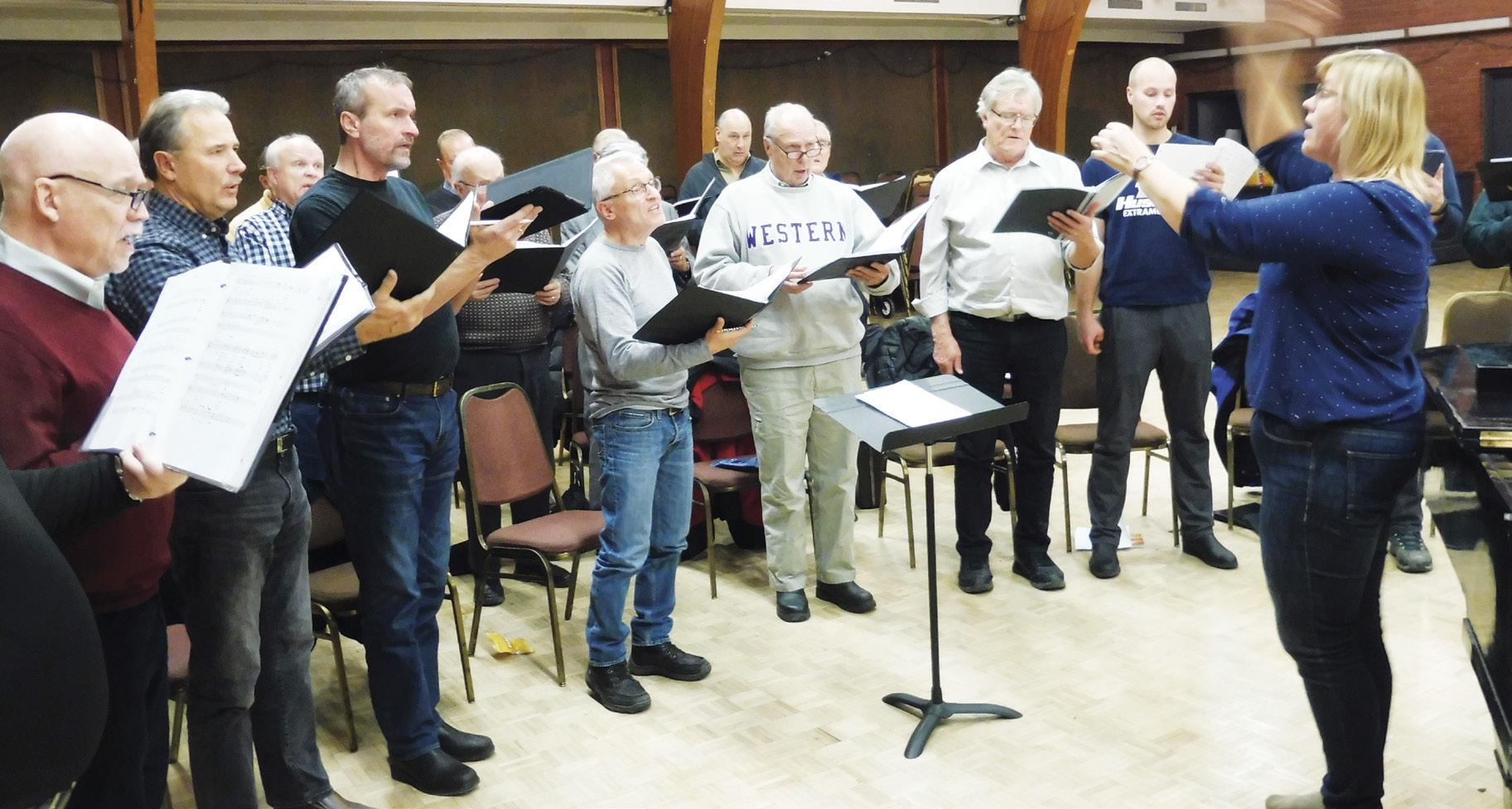8
EESTI ELU reedel, 31. jaanuaril 2020 — Friday, January 31, 2020
Nr. 4
English-language supplement to the Estonian weekly “EESTI ELU” Tartu College Publications Founding Chairman: Elmar Tampõld Editor: Laas Leivat 3 Madison Avenue, Toronto, ON M5R 2S2 T: 416-733-4550 • F: 416-733-0944 • E-mail: editor@eestielu.ca Digital: www.eestielu.ca
Propastop: Countering Russian disinformation Swedish foreign relations experts have concluded that after the events of 2014 – annexation of Crimea – the intensity of Russian disinformation aimed at Sweden has dramatically increased. “Sweden has been the target of Russian comprehensive “active measures”, in which, part of the coordinated effort is meant for public consumption and influencing decision making through the use of fake news, doctored documents and disinformation,” scholars have stated. According to Propastop, the Estonian Defence League’s volunteer unit of Russian disinformation analysts, the Krem lin’s narrative exploits the touchy issue of immigration into Sweden. The disinformation deploys blatantly false facts about a pending civil war, about how Swedish children during school prayer are forced to evoke Allah, how Muslim immi grants have desecrated images of Jesus etc. In addition to promoting division and conflict in Swedish society, Moscow also has attempted to spur anti-NATO sentiment and belittle the capability of Sweden’s military, who have been obsessed with exposing ‘non-existent submarines”. An article in the Swedish newspaper “Eskilstuna Kuriren” described how ultra-right Swe dish troll factories propagate the Kremlin’s message. A Swedish reporter, pretending to profess far-right views, winning the confidence of local troll leaders, discovered how the trolls were disseminating Moscow’s propaganda. In effect they were an essential part of the Russian propaganda apparatus, targeting Swedish journalists with provoking calls. Rewards were given for the most popular calls posted on social media. Sweden has established a Crisis Management Agency (MSB) tasked with deploying ‘psychological protection’. Among its reports, the agency has uncovered attempts to in fluence the 2018 elections. The MSB has published material to improve public awareness, including an evaluation of the media and Russian influence operations. It has not only informed the public but also jour-
nalists and media professionals. Their publications include ‘Crisis Communication Hand book’ and a manual for countering influence campaigns. Sweden’s goal is to educate the public and to nurture a psychological approach to resisting propaganda. Sixty million Swe dish crowns (5.75 Euros) have been budgeted for this program. Other government sections such as the national security police, election board and police department have also developed strategies to counter disinformation. Curriculum content for students both at the primary and high school levels have been prepared to improve their ability to view media critically and to inform them of disinformation in the media. Specifics about doctored or false photos and other disinformation methods are covered in these teaching materials. During the 2018 elections an automatic fact control online portal – faktiskt.se – was established to limit the spread of disinformation. This effort was also supported financial by the government. The Swedish government has taken the Russian active measures seriously. In fact it formed a commission to evaluate the creation of a permanent government agency to develop a “psychological defence” capability and to cope with targeted disinformation. The agency should be operational by 2022. The preparations are led by former chief of the national security police Anders Danielsson. Canada, a member of NATO is now actively involved in the Alliance’s efforts to counter cyber offensives. Sweden, per ceived to be positioned as a traditionally ‘neutral’ country has recognized not only Russia’s cyber arsenal as a threat but also the Kremlin’s aggressive disinformation activities as a similarly hostile. It would make sense for the Canadian government to eva luate the level of disinformation, from whatever source, and institute appropriate measures to educate media consumers and neutralize misleading/falsified content. LAAS LEIVAT
Renowned Estonian choir conductor, Triin Koch, getting the Toronto Estonian Mens Choir tuned up for the joint Toronto choirs upcoming concert at St. Peter’s Lutheran Church. Photo: J. Laansoo
Preserving and celebrating Estonian culture with the help of the Estonian Foundation of Canada Community is about sharing. Estonians in Canada share a history, a common heritage and the feeling of being part of something bigger – along with a goal to preserve it. Even though Estonia is a free nation, the fact that there are fewer than 2 million Estonians world-wide contributes to a sense of individual respon sibility for the survival of our heritage, language and culture. It’s easy to count the number of students in Estonian schools and kindergartens, or choir members, or folk dancers in Canada. But it’s much more difficult to measure the IMPOR TANCE of these cultural institutions to our community as a whole. A kindergarten of 15 children in Montreal may be a lot smaller than the 80+ who attend in Toronto, but it’s equally a demonstration of the persistence, tenacity and the spirit of our community. Just the very existence of Estonian cultural societies, organizations and events in Alberta, Vancouver, Victoria, Hamilton, Kitchener, Ottawa and beyond makes Estonians throughout Canada proud and feel a sense of communion across the country. Each celebration of our culture is vital to all of us. The Estonian Foundation of Canada (EFC) exists to support and preserve Estonian heritage in Canada, granting funds twice annually to support the organizations and events that bring us together and help ensure our future. These organizations and events not only serve our community, they help to create and renew it. In November, the EFC Board of Directors approved support for 23 project applications from 20 unique organizations. Through donations and bequests received from the community, EFC helps to fund these real projects and important initiatives. • Alberta Estonian Heritage Society – EFC is providing financial assistance to AEHS to start Estonian language classes in Alberta. Online classes began in January 2020 with impres-
sive numbers – there are 16 registered students! • Eesti Lauljate Liit Pohja Amerikas (ELLPA) received funding to hold an intensive joint choral workshop for all 4 GTA Choirs with Triin Koch, Estonian conductor – as well as individual coaching sessions with each choir. • Toronto Estonian Sup plementary Schools, TES Kindergarten, Hamilton Es tonian School and Montreal Estonian School – EFC grants provide about 45% of the budget for Estonian schools and kindergarten during the 20192020 school year in Toronto and Hamilton, reaching over 180 students. • Jõekääru and Seedrioru received EFC funding to help keep camp fees affordable – this past summer youth from our community were immersed in Estonian language and culture for a total of 350 camper weeks. • Vancouver and Montreal Estonian Societies will receive community support for special events and Independence Day celebrations through EFC. • Choirs and Folk Dancing in Toronto and Vancouver – EFC is again subsidizing expenses for staples of our community such as TEM Male Choir, Estonia Choir, Hamilton Choir, Läänetuul and Kungla, having also supported Kilplased as they headed to Tantsupidu. • QuEST – EFC provided start-up funding for an Estonian cultural organization for Esto nian-heritage students at Queen’s University. • FunniEST – EFC is support-
ing the new Estonian comedy festival taking place at Tartu College, featuring an Improv workshop and numerous performances by community members. • Esto ski events – EFC is sponsoring ski events in Ontario & Quebec that help bring Estonians together in a different setting, many of whom may not otherwise attend community events. • Scholarships and Student Support – EFC granted student awards to 6 deserving TES school pupils, as well as postsecondary scholarships to 7 exceptional Canadian-Estonian students: Mihkel Jaenes (ON), Liis Jakobson (ON), Erik Kõvamees (BC), Ivi Lindau (ON), Peggy (Margaret) Jupe (ON), Colden Palo (AB), Krista Poolsaar (ON). Through community donations, the Foundation supports each and every one of us by making sure we continue to have opportunities to connect with each other, our culture, and to keep our language and heritage alive. Together, we can all ensure our future here in Canada. Funded solely by donations (Continued on page 9)
Photo: Silvia Soide













